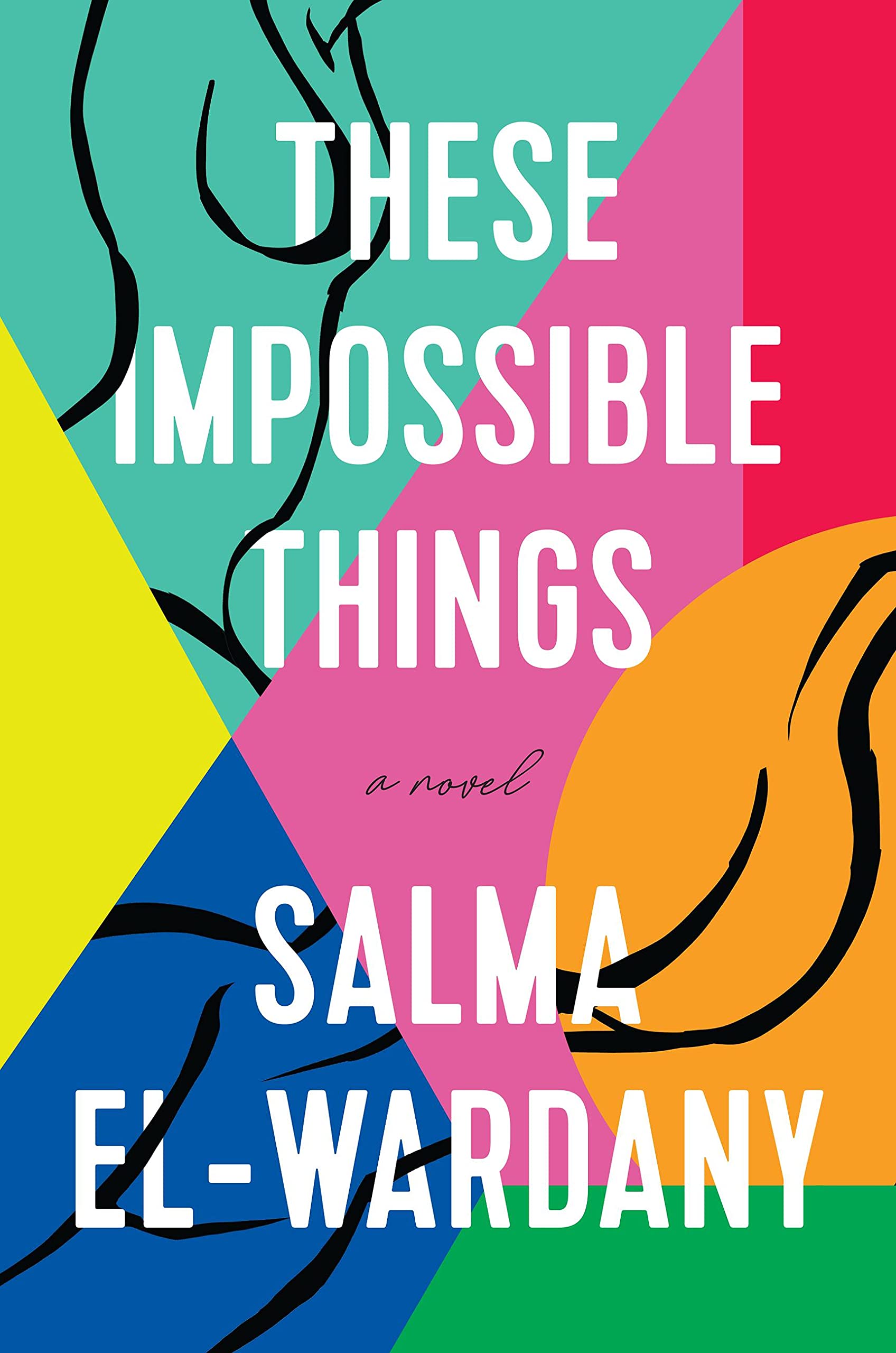
Kees goes home for the weekend and tries to pull the sins out from between her teeth before she gets there. Tries to be the fever dream her parents had imagined when they sat in their village on their wedding night and England was just a story Grandma used to tell between mango stones and pumpkin seeds.
She has her grandmother’s hands. Big and weathered, and no matter how much cream she smooths into her lifelines, her life doesn’t get any softer. The women in this family are made of hard things.
She walks the 45-minute journey home instead of taking the bus because she needs time to find the version of herself that will please her mother the most. The one that will keep the family whole and bright-eyed, free of any shame that could cloud them over. The version of an eldest daughter that will keep the family chin high above their chest.
Her long hair swings with the wind and is freer than she feels. Her brown skin still smells like the almond oil Umee used to rub into it, even though at least two blood moons have passed since she last sat at her mother’s feet and Kees feels harder than she used to. It’s also getting increasingly difficult to find the right version of herself to bring home.
She manages to find the correct one somewhere between the park and the laundromat around the corner from her childhood home. The Kees that got stuck in time, somewhere between the ages of 11 and 16. They were probably the years she was exactly, wholly, and totally everything her parents wanted her to be. Diligent. Studious. Ambitious. Serious.
She is still those things, but other sides of herself have crept in over time. Rebellious. Loving. In love. Sexual. Things that you don’t talk about around the dinner table or even within the four walls of a home that has wrapped itself in silence.
Some people are careless with words. Use them often and recklessly. Throw them around as if they’ll never run out. In this family, words were the last grains of rice at the bottom of the bag. The scraping out of the butter dish. They were just like the pennies her parents carefully and covertly collected every month in the hope that they would eventually turn into a bigger pile of money that could save them all. Kees didn’t know if the words they were saving would ever come out, and how maybe, if they had used them more often, they wouldn’t need saving in the first place.
In this house, things were said differently. There was a mug of tea that was always waiting for her father. It said, here, I love you. The family meals that were always on the table said, here, we care about you. To ask how you were was to complain that you’d been in the bathroom too long. To say I love you was to shout that you didn’t look both ways when crossing the road. Love came under the guise of anger and rough voices, which didn’t make it less loving, it just held a different shape.
Kees turns her key in the lock and steps through the front door just as her father steps out of the sitting room to greet her. His armchair is perfectly positioned to watch both the latest drama coming out of Pakistan on the television, and the gate to their home. He’s watched all his children come up that garden path as they were growing up and knows exactly how long each one takes from street to door.
Read full excerpt of These Impossible Things at Marie Claire. Here.
Excerpt from These Impossible Things by Salma El-Wardany, published by Grand Central Publishing. Copyright © 2022 by Salma El-Wardany.








COMMENTS -
Reader Interactions